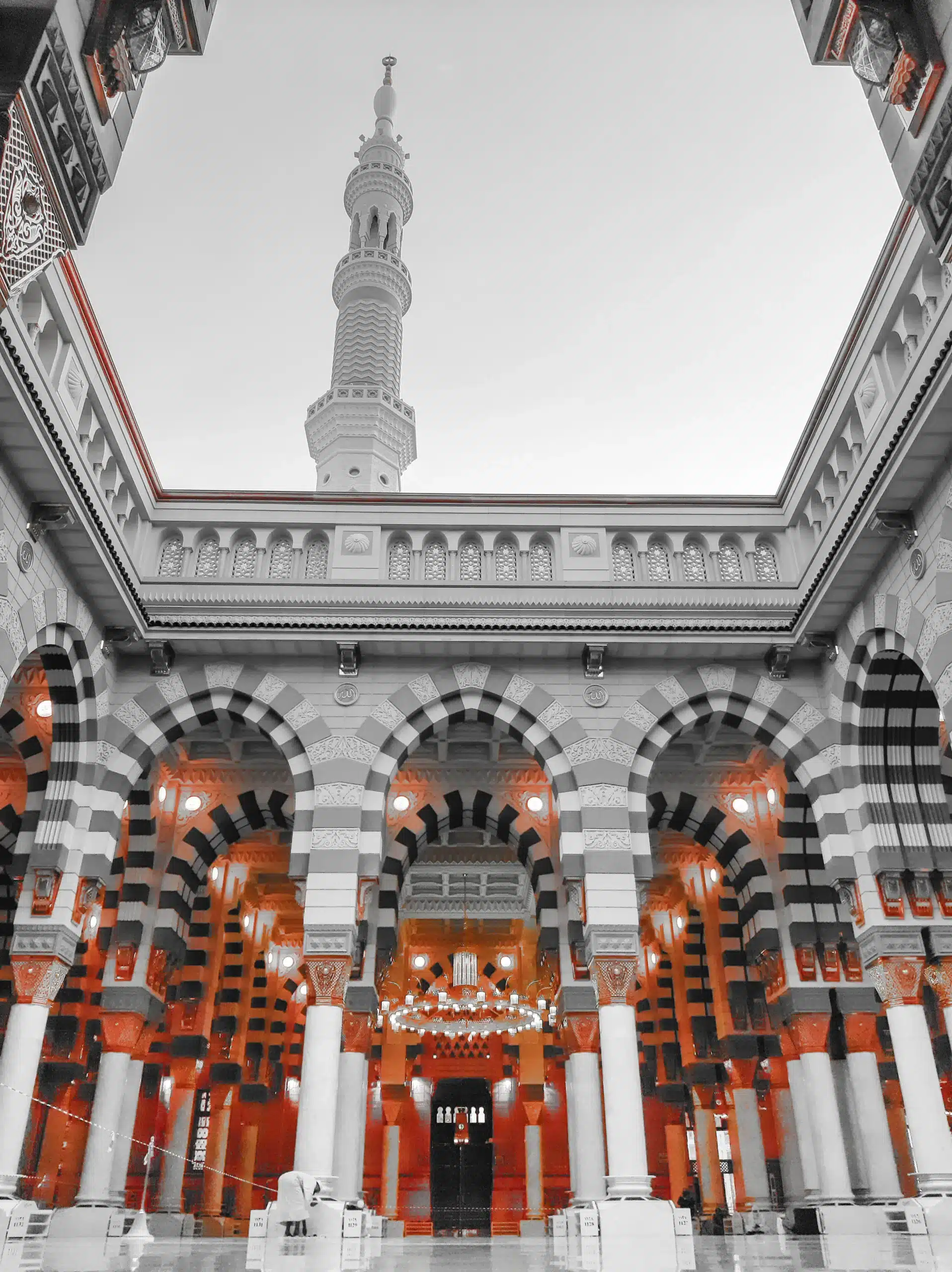Saudi Arabia’s Vision 2030 marks a pivotal shift in the kingdom’s direction, heralding a future beyond its traditional oil-based economy. This ambitious plan, spearheaded by Crown Prince Mohammed bin Salman, aims to transform the nation into a dynamic, diversified economic hub. At its core, Vision 2030 seeks to cultivate a vibrant society, a thriving economy, and an ambitious nation, through initiatives spanning economic diversification, public service enhancement, and social reform. From the development of futuristic mega-projects like Neom to the empowerment of women in the workforce, Vision 2030 is not just an economic blueprint but a comprehensive societal transformation, promising to reshape Saudi Arabia’s global identity and domestic life.
Building on this transformative vision, Saudi Arabia has embarked on a series of ground-breaking initiatives, each tailored to address specific aspects of its overarching goals. The Economic Diversification initiative is a cornerstone, aiming to mitigate the kingdom’s oil dependency by fostering growth in renewable energy, mining, and tourism, exemplified by projects like the King Salman Renewable Energy Initiative and the Red Sea Tourism Project. In parallel, the Development of Public Service Sectors focuses on enhancing the quality and accessibility of healthcare, education, and infrastructure, with significant projects like the Riyadh Metro and reforms in educational curricula. The drive towards Privatization and Public-Private Partnerships reflects a strategic shift to integrate the private sector into the economic fabric, as seen in the partial privatization of Saudi Aramco and the development of economic cities. Complementing these economic reforms are comprehensive Social Reforms, including increased participation of women in the workforce and the relaxation of social norms, symbolized by initiatives like allowing women to drive. The National Transformation Program further operationalizes these goals, targeting specific enhancements in key economic sectors to bolster non-oil revenue and improve the overall quality of life. This multifaceted approach under Vision 2030 is not just reshaping Saudi Arabia’s economic landscape but is also setting a new precedent for social and cultural evolution within the kingdom.
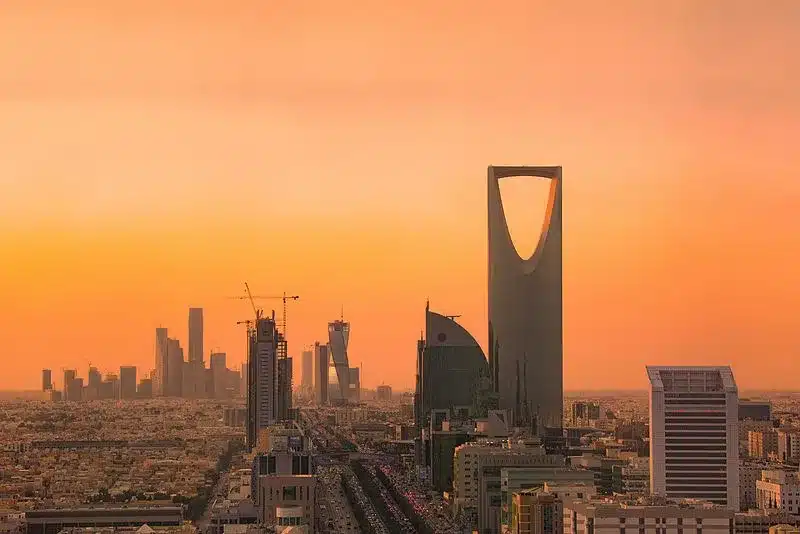
The Pillars of Saudi Arabia’s Vision 2030
Economic Diversification
Reducing the reliance on oil revenues and diversifying the economy through investment in non-oil industries like mining, renewable energy, tourism, entertainment, and technology.
- Objective: To reduce reliance on oil and develop other sectors.
- Examples:
-
- Development of the King Salman Renewable Energy Initiative.
- Investment in the mining sector, exemplified by the Wa’ad Al Shamal mining project.
- Neom, a planned cross-border city in the Tabuk Province, designed to focus on industries including energy and water, biotechnology, food, advanced manufacturing, and entertainment.
- Saudi Industrial Development Fund (SIDF): Providing financial support for projects in industries such as chemicals, metals, and construction materials.
- Red Sea Tourism Project: Developing a luxury tourism destination along the Red Sea coast.
- Diversification of the Saudi Stock Exchange (Tadawul): Introducing new financial instruments like REITs (Real Estate Investment Trusts).
Development of Public Service Sectors
Enhancing the quality and efficiency of services in healthcare, education, infrastructure, and tourism to improve the standard of living.
- Objective: Enhance services in healthcare, education, infrastructure, and tourism.
- Examples:
-
- Expansion of the healthcare sector, with projects like the King Abdullah Bin Abdulaziz Project for the development of security health facilities.
- Reform in the education system to align with job market needs and global standards.
- Major infrastructure projects like the Riyadh Metro.
- Housing Program: Aiming to increase home ownership among Saudi citizens to 70% by 2030.
- Quality of Life Program 2020: Enhancing the lifestyle by developing options for entertainment, culture, and sports.
- Tourism Development Fund: Established to provide financial support to the tourism sector.
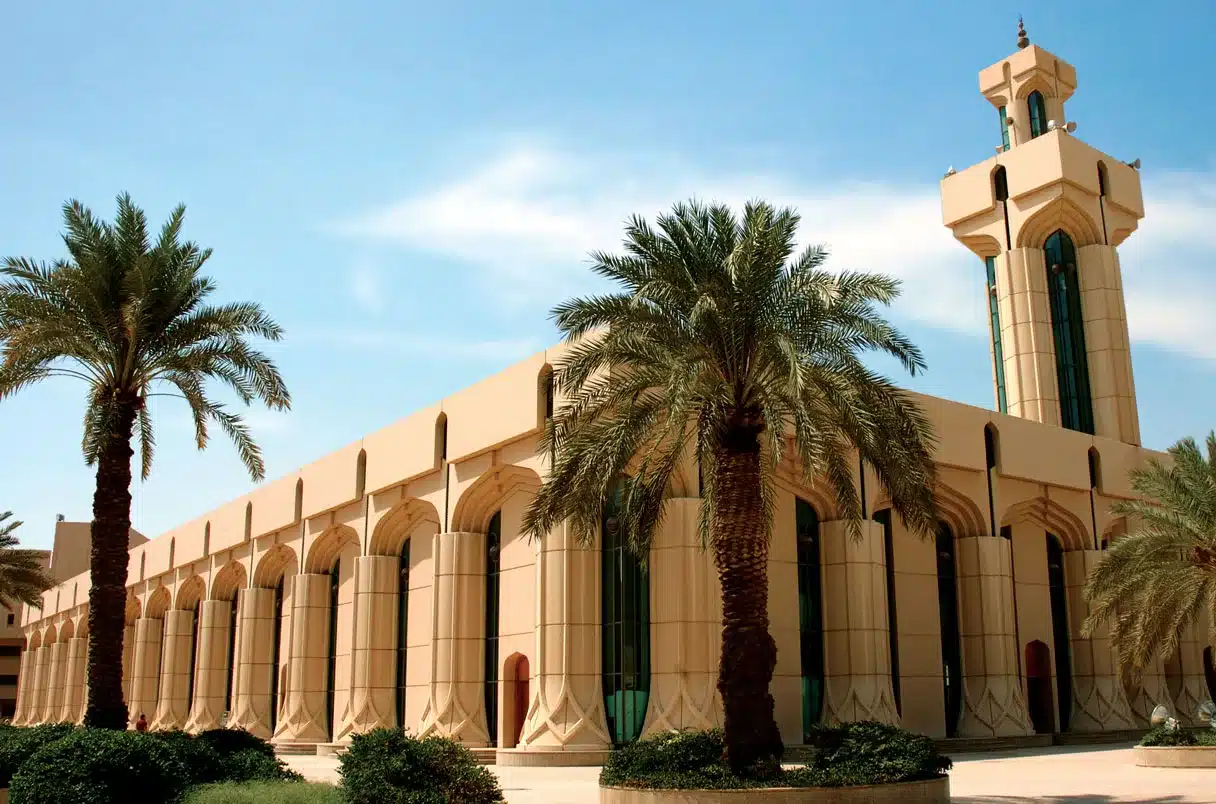
Privatization and Public-Private Partnerships
Increasing the role of the private sector in the economy by privatizing certain government services, attracting foreign and domestic investment, and encouraging public-private partnerships.
- Objective: Involve the private sector more in the economy.
- Examples:
-
- Partial privatization of state-owned entities like Saudi Aramco.
- Encouragement of public-private partnerships in various sectors including utilities and transportation.
- Privatization of Airports: Turning state-run airports into private companies to improve efficiency and service quality.
- Development of Economic Cities: Such as King Abdullah Economic City, aimed at attracting foreign investment and technology.
Social Reforms
Implementing social reforms to improve the quality of life for citizens, which includes increasing women’s participation in the workforce and providing more entertainment and cultural activities.
- Objective: Improve quality of life and increase women’s participation in society.
- Examples:
-
- Women being allowed to drive and more inclusion in the workforce.
- Relaxation of certain social norms and increased focus on arts and culture, exemplified by events like the MDL Beast Festival.
- Reform of Cultural and Entertainment Sector: Introduction of cinemas and the authorization of public concerts and festivals.
- Women Empowerment Programs: Initiatives like allowing women to attend sports events in stadiums.
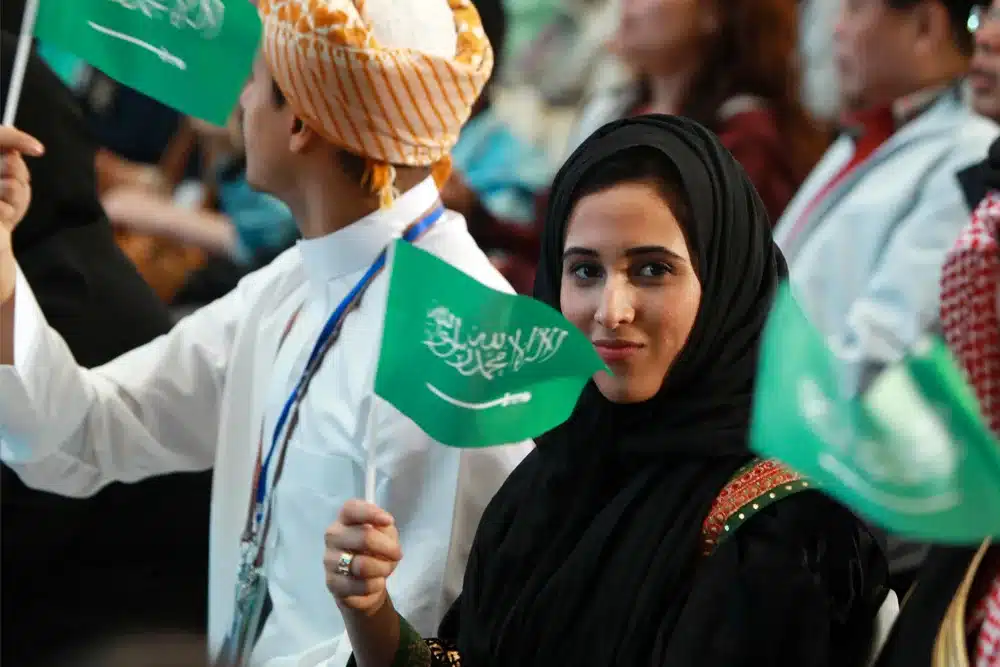
National Transformation Program
A set of initiatives and projects designed to develop the key sectors of the Saudi economy as part of the broader Vision 2030.
- Objective: Develop key economic sectors.
- Examples:
-
- Specific targets for increasing non-oil revenue.
- Initiatives to boost tourism and national heritage sites, like the Al-Ula project.
- Privatization of Government Services: To increase efficiency and reduce government expenditure.
- Quality of Life Program: Aiming to develop the lifestyle, entertainment, and cultural activities available in Saudi Arabia.
Investment in Technology and Innovation
Fostering a culture of innovation and investing in digital infrastructure to create a technologically advanced economy.
- Objective: Create a technologically advanced economy.
- Examples:
-
- Investments in digital infrastructure.
- Initiatives like the Saudi Data and Artificial Intelligence Authority (SDAIA).
- Saudi Aramco’s investments in digital transformation: Including advancements in data analytics and AI.
- Establishment of Research and Development Centres: By multinational companies in Saudi Arabia.
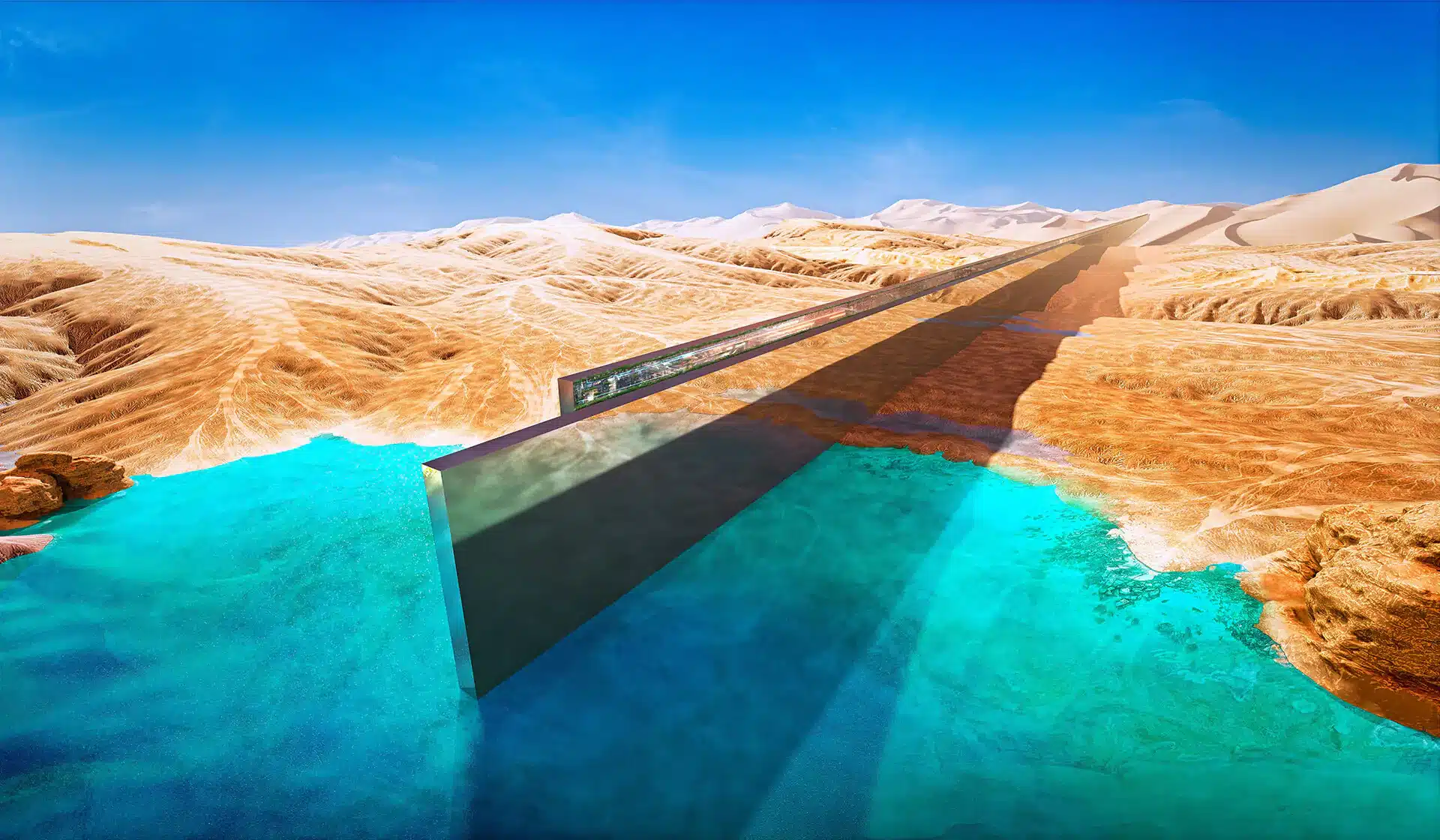
Fiscal Sustainability
Reforming the government’s budgetary system and increasing non-oil revenue sources to ensure long-term fiscal sustainability.
- Objective: Reform budgetary system and increase non-oil revenue.
- Examples:
-
- Introduction of VAT and other non-oil revenue sources.
- Fiscal balance program to optimize government spending.
- Energy Price Reforms: Adjusting energy and water tariffs to reflect actual production costs.
- Debt Instruments: Issuing bonds and sukuk to finance budget deficits.
International Engagement
Strengthening international partnerships and investment opportunities to position Saudi Arabia as a global investment powerhouse and key player in global economic development.
- Objective: Position Saudi Arabia as a global investment hub.
- Examples:
-
- Increased international partnerships and trade agreements.
- Saudi Arabia’s G20 presidency in 2020.
- Saudi Green Initiative: A global initiative to address environmental challenges.
- Hosting of International Events: Like the Future Investment Initiative, to attract global investors.
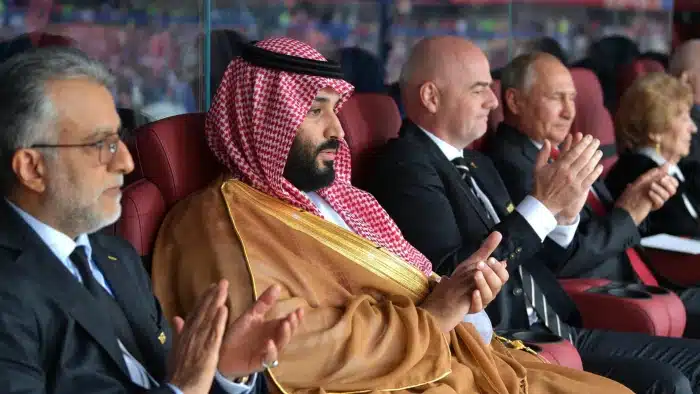
Implications for Expatriates
Vision 2030 has significant implications for expatriates in Saudi Arabia:
Job Opportunities
-
- Diversified Sectors: With a focus on diversifying the economy away from oil, sectors such as tourism, entertainment, renewable energy, and technology are expected to grow. This diversification will create new job opportunities in these fields.
- Investment in Non-Oil Industries: Large-scale projects like NEOM, the Red Sea tourism project, and the renewable energy sector are expected to create numerous jobs, potentially attracting international expertise.
- SME Growth: The emphasis on small and medium-sized enterprises (SMEs) could lead to a surge in start-ups and innovative companies, providing diverse employment opportunities for expatriates.
Social Environment
-
- Cultural Inclusivity: Reforms aimed at enhancing cultural and entertainment offerings, such as the introduction of cinemas and public concerts, make the country more appealing to a diverse population.
- Women’s Participation: With increased efforts to integrate women into the workforce and public life, the societal dynamic is becoming more inclusive, which could attract families and professionals.
Regulatory Changes
-
- Visa and Sponsorship Reforms: Potential reforms in visa policies and the sponsorship system (Kafala) might offer more flexibility and rights for expatriate workers.
- Labour Law Reforms: Changes in labour laws could lead to better working conditions, rights, and benefits for expatriates.
Cost of Living
-
- Taxes and Subsidies: The introduction of VAT and potential subsidy cuts could increase the cost of goods and services, impacting the overall cost of living for expatriates.
- Economic Reforms Impact: Diversification efforts might lead to economic stabilization, which could balance out the initial rise in living costs over time.
Housing and Lifestyle
-
- Infrastructure Development: Projects like the Riyadh Metro and new city developments are expected to enhance infrastructure, leading to improved living conditions.
- Housing Projects: The government’s initiatives to increase home ownership and develop new residential areas could provide more housing options for expatriates.
Cultural Adaptation
-
- Openness to Global Cultures: With Vision 2030’s emphasis on a more open society, expatriates might find it easier to adapt culturally.
- Cultural Events and Festivals: Increasing cultural events and festivals provide opportunities for expatriates to engage with and understand Saudi culture, aiding in adaptation.
Education and Healthcare
-
- Educational Reforms: Improvements in the education sector, including international partnerships and investments in higher education, can offer better educational opportunities for expatriates’ children.
- Healthcare Development: Expansion and modernization in the healthcare sector mean improved medical services for expatriates and their families.

Vision 2030’s Overall Aspirations
Vision 2030’s comprehensive approach to economic and social reform is set to transform Saudi Arabia’s landscape, offering a range of opportunities and challenges for expatriates. This transformative agenda is aimed at creating a more diversified economy, enhancing the quality of life, and positioning the kingdom as a leading global investment destination. The success of these initiatives would have far-reaching implications, both domestically and internationally. Saudi Arabia’s Vision 2030 is built around three main themes:
A Vibrant Society
This theme focuses on improving the quality of life in Saudi Arabia by promoting cultural traditions, national pride, and modern amenities. It includes increasing the number of Umrah visitors, establishing the largest Islamic Museum in the world, doubling the number of Saudi heritage sites registered with UNESCO, and enhancing cultural and entertainment opportunities. The aim is to promote healthy lifestyles, with a goal of having 40% of citizens exercising at least once a week, and developing Saudi cities to rank three among the top 100 cities in the world.
A Thriving Economy
Vision 2030 aims to create dynamic job opportunities and diversify the economy. This involves the privatization of state-owned assets like Saudi Aramco, unlocking underdeveloped industries such as manufacturing, renewable energy, and tourism, and modernizing the educational curriculum. The plan also focuses on small and medium-sized enterprises (SMEs), aiming to increase their contribution to GDP from 20% to 35% by 2030. Another goal is to have at least five Saudi universities among the top 200 in the world.
An Ambitious Nation
This theme emphasizes the importance of accountability, transparency, and effectiveness in governance. It includes establishing zero tolerance for corruption, expanding online services to boost transparency, and enhancing governance standards. The King Salman Program for Human Capital Development aims to train more than 500,000 government employees in best practices. Additionally, the plan seeks to bolster the non-profit sector through increased efficiency and impact.
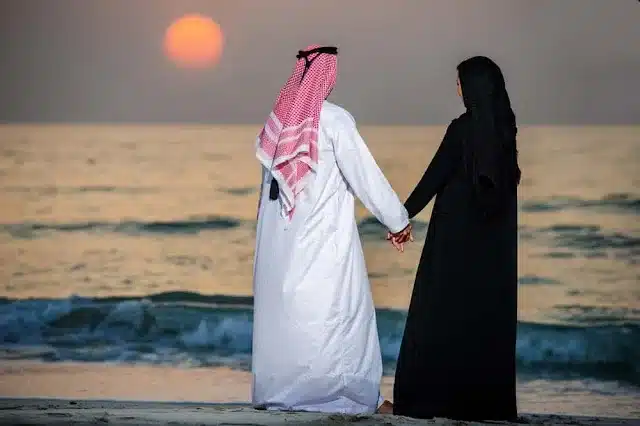
To conclude, the implications of Vision 2030 for expatriates in Saudi Arabia are significant. There will be new job opportunities in various sectors beyond oil and gas. Social reforms may make the country more appealing to expatriates, offering a more inclusive and diverse cultural experience. However, they may also face regulatory changes in business, labour laws, visas, and sponsorship systems. The cost of living might increase due to the introduction of taxes and potential reductions in subsidies. Improvements in infrastructure, education, and healthcare could benefit expatriates, especially those with families.

